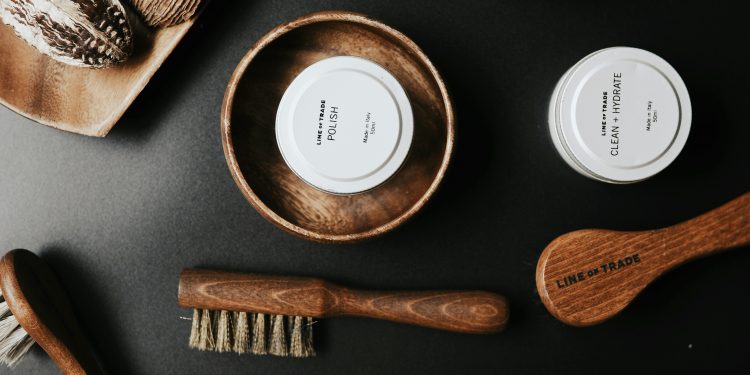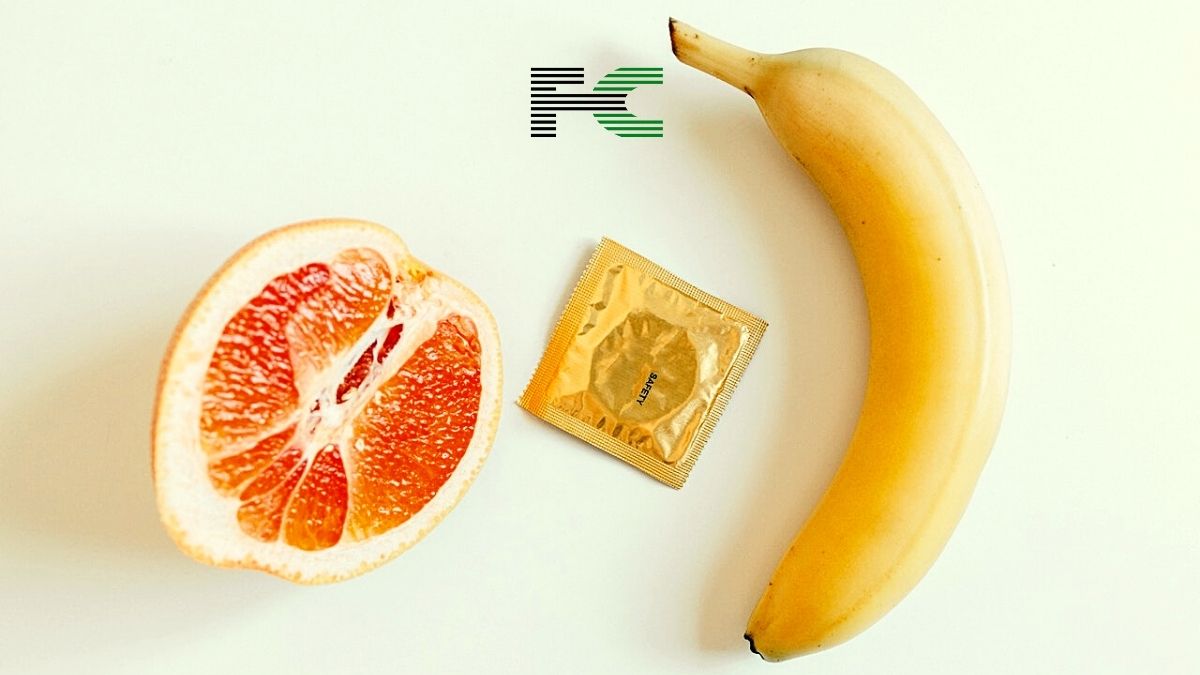There’s something ironic about watching Nigerian women clutch their pearls at the mention of GMO foods while simultaneously frying their scalps with chemical relaxers every six weeks. We’ve become experts at selective outrage, fearfully (and rightfully so) avoiding modified crops while casually slathering our heads in industrial-strength toxins.
Let’s Discuss
The beauty industry has spent decades convincing us that relaxers; those creamy, crack-like concoctions of sodium hydroxide and formaldehyde aren’t just normal, but necessary. Meanwhile, the agricultural sector pushes genetically modified foods under the guise of progress, dismissing valid concerns as backward thinking. Both industries profit from our inability to scrutinize them equally.
But the truth is, your relaxer is far more dangerous than any GMO grain you’ll find in the market.

Yes, you read that right. The science is clear. Sodium hydroxide, the active ingredient in most relaxers, is the same chemical used to unclog drains and clean industrial equipment. Formaldehyde, another common relaxer component, is a known carcinogen banned in hair products across Europe and parts of America. Yet, in Nigeria, we apply these chemicals to our scalps religiously, enduring the burns, shrugging off the hair loss, and calling it “beauty.”
But mention GMO beans? Suddenly, we’re all aware of how harmful modified foods are. Meanwhile, relaxers have been directly tied to fibroids, dermatitis, and permanent hair damage – all of which are issues plaguing Nigerian women at alarming rates. The difference isn’t in the danger, rather, it’s in the marketing.
Relaxers have been normalized through decades of advertising that equates straight hair with professionalism, cleanliness, and social acceptance. GMOs, on the other hand, are framed as unnatural, foreign, and dangerous, even when developed locally to address nutrient deficiencies. One industry convinced us to ignore tangible harm for the sake of aesthetics; while the other is fighting to overcome fearmongering in a market skeptical of corporate motives.
This isn’t to say concerns about GMOs are unfounded. There are valid questions about corporate control of food systems, the eradication of indigenous crops, and the long-term ecological impact of modified seeds. But where is that same critical energy for the beauty industry? Why aren’t we demanding ingredient transparency from the companies selling us scalp-dissolving creams? Why don’t we question why relaxers banned abroad are still pumped into Nigerian markets?
The answer is right in front of our faces: cognitive dissonance is profitable.

In Conclusion
If we’re going to reject GMOs over transparency concerns, we must demand the same accountability from beauty brands. If we’re going to fear chemicals in our food, we should certainly fear them on our scalps. And if we’re going to critique corporate influence in agriculture, we can’t ignore it in the multi-billion-dollar beauty industrial complex.
You honestly don’t have to give up relaxers tomorrow or suddenly embrace GMOs – that’s not what this article is about. But you do have to recognize the contradictions in what we fear versus what we accept.

















